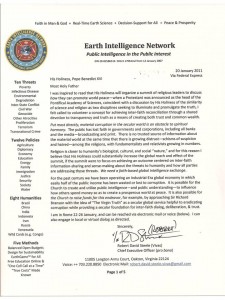Cockburn summarizes his argument in a interview in the ongoing series conducted by Federal News Radio. Chris Dorobek of the DorobekInsider Show interviews Andrew Cockburn.
Following the money and understanding why that is important is key to comprehending why the Pentagon, Congress, the manufacturers, and the think-tanks behave the way they do. After all, as Cockburn says in the DorobekInsider interview, why do you think the manufacturers put all those ads in the Washington Metro system. They're not there for the area's teachers or the local sports teams' fans.
But there is much more to following the money than just that. Cockburn explains fully in his essay in The Pentagon Labyrinth: 10 Short Essays to Help You Through It. He addresses perhaps the most powerful and recurrent theme underlying contemporary defense community behavior. Read Cockburn's essay. Download the book free.
Have a comment? Pro or con? We welcome a public debate.
_____________________________
Winslow T. Wheeler
Director
Straus Military Reform Project
Center for Defense Information
Phi Beta Iota: INTEGRITY. One word. The one word not spoken at the Pentagon by anyone above the rank of Major. You don't make Colonel, and you do not advance as a General, without drinking the kool-aid and “going along” with systemic corruption. Our shame–our continuing shame–is a burden on the Republic.







